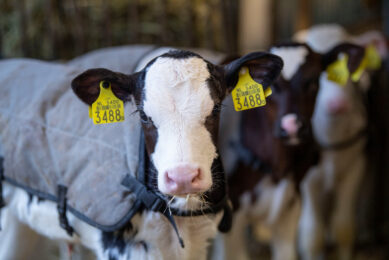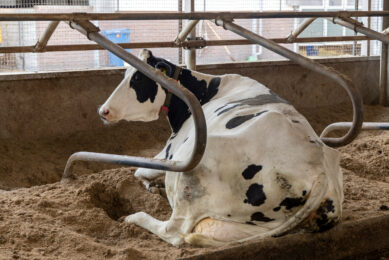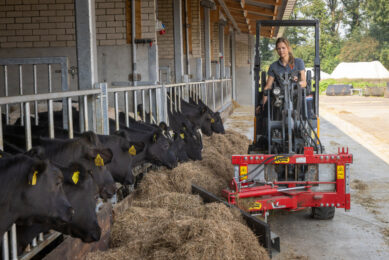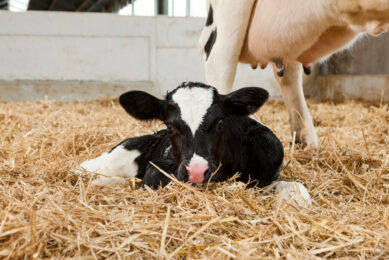Great Britain becomes first European region to ban live animal exports
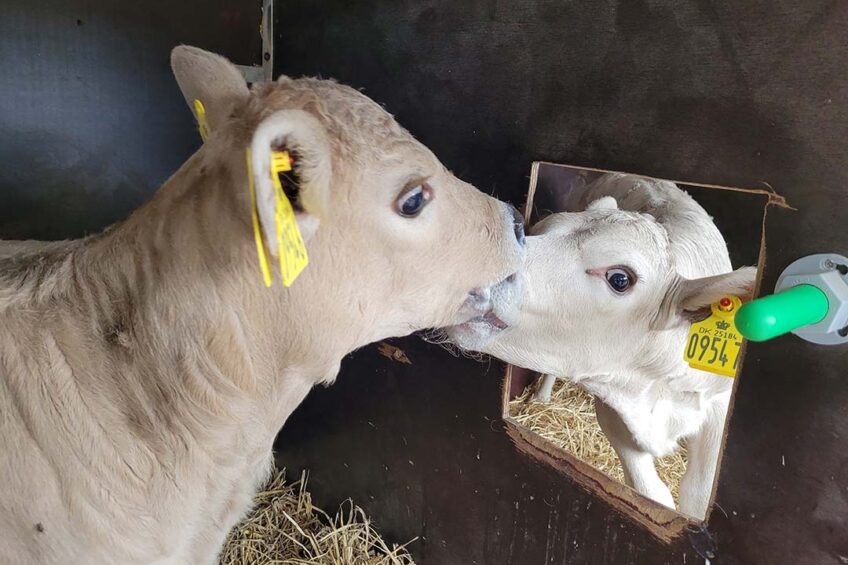
Great Britain has become the first region in Europe to ban exports of live animals destined for slaughter or fattening.
The new ban became law on 20 May when the Animal Welfare (Livestock Exports) Act received Royal Assent, and only became possible post-Brexit when the UK left the European Union. In terms of agriculture, this latest legislation bans the export of live cattle, sheep, and pigs for slaughter and fattening from England, Scotland and Wales, the 3 countries in Great Britain.
Animal welfare
The UK government said the move boosts the region as a leader in animal welfare stopping animals enduring stress, exhaustion and injury on long and unnecessary export journeys.
Exact figures on numbers of live animals this will affect are difficult to obtain, but in peak times there could have been up to 2.5 million live animals exported per year from Great Britain. The Act will ensure that animals are slaughtered domestically in high-welfare UK slaughterhouses, also boosting the profile of British meat.
The bill will end the long-standing trade in sheep and lambs for slaughter and fattening, and calves to continental Europe veal farms. It will also apply to goats, pigs, wild boar and horses.
UK Environment Secretary Steve Barclay says: “We are proud to have some of the highest animal welfare standards in the world. Our new Act makes use of post-Brexit freedoms to deliver one of our manifesto commitments and strengthen these standards even further by preventing the export of live animals for slaughter and fattening, which we know causes animals unnecessary stress and injury.”
A controversial topic
Banning live animal exports is quite a controversial topic, but it is being called for by many countries around the world. New Zealand and Australia have already banned, or have started the process of banning, live animal exports.
While farmers’ groups have remained relatively quiet about the ban, animal welfare groups have been very vocal.
Chris Sherwood, RSPCA chief executive, says: “After more than 50 years of campaigning, we are absolutely thrilled to see that live export of animals has been banned from Great Britain. This means British animals will no longer be sent on gruelling journeys abroad for further fattening and slaughter in cramped and poor conditions with little or no access to food or water.”
Global message
“As one of the first countries in the world to abolish this practice, this vital step for animal welfare sends an important message globally and we hope to see other countries follow suit soon,” said Sherwood.
Philip Lymbery, Global CEO at Compassion in World Farming said: “We commend the British government on delivering on this hugely important promise. This long-awaited law will ensure that Britain will never return to the dark days of exporting up to 2.5 million sheep and calves annually to Europe or beyond for slaughter or fattening.”
Live exports in other specific circumstances, for example, for breeding and competitions, will still be allowed provided animals are transported in line with legal requirements which protect their welfare.
The legislation follows a consultation on ending live animal exports in which 87% of respondents agreed that livestock should not be exported for slaughter and fattening.
Join 13,000+ subscribers
Subscribe to our newsletter to stay updated about all the need-to-know content in the dairy sector, two times a week.



